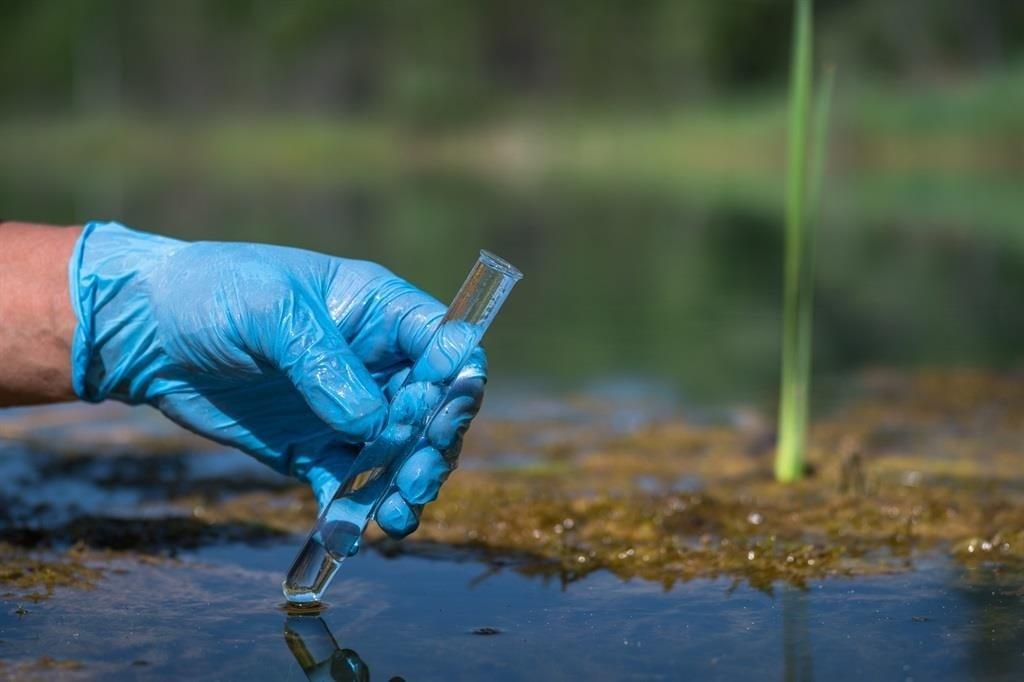Africa-Press – South-Africa. The City of Tshwane and Department of Water and Sanitation have committed themselves to working together on a project to resolve the water issues in Hammanskraal.
They aim to fix and upgrade the Rooiwal wastewater treatment works, which is expected to cost R4 billion and will be completed by 2026.
Water and Sanitation Minister Senzo Mchunu and Tshwane Mayor Cilliers Brink announced the collaborative effort during a press briefing on Thursday.
Department director-general Dr Sean Phillips outlined the plan to return drinkable water to the residents of Hammanskraal.
At the heart of the issues is the Rooiwal, which is polluting the Apies River and flows into the Leeukraal Dam.
The City’s Temba water treatment works draws the water from this dam. However, the water in the dam is so polluted the plant cannot treat the water to meet the required standards for drinking water.
“For this reason, the City of Tshwane has warned the residents of Hammanskraal not to drink tap water and is using water tankers to supply them with drinking water,” Phillips said.
To fix the root cause of the problem, Tshwane and the department have estimated the full rehabilitation and upgrade of Rooiwal to be in the region of R4 billion.
“The project can be implemented in stages, with an emphasis on work to stop or reduce the pollution from Rooiwal in the early stages,” Brink said.
He added the City did not have the finances or expertise to address the issues, which was why it sought assistance from the department and National Treasury.
While the City had allocated R450 million to the project, the plan was to secure more funding from other grants, a Development Bank of Southern Africa loan, and bridging finance, among others, Phillips said.
Short-term interventions
While the main refurbishment was expected to be completed by 2026, he added short-term interventions would be implemented.
This includes an improved wastewater technology solution to be installed at the Rooiwal plant, which will treat the sewerage better and increase the quality of discharged effluent into the Apies River between August 2023 and March 2024.
Meanwhile, Magalies Water will install a portable water treatment plant at its Klipdrift water treatment works in Hammanskraal.
This will produce treated drinking water which will be fed into the Hammanskraal piped water distribution system.
Phillips said this portable plant would be implemented in a phased approach from July 2023 and was expected to be completed by March 2024.
“By the time it is complete, it will provide sufficient drinking water to supply the residents of Hammanskraal with drinking water from their taps.
“When the package plant is complete, the City will be able to stop supplying residents with water from the Temba water treatment works and rather supply them with water from the package plant until the quality of water from the Temba treatment works meets drinkable standards again.
“However, in the meantime, the City will continue to provide the residents with drinking water through water tankers services at designated water filling points.
“This will be accompanied by regular testing of the water that is being provided by the tankers,” he added.
The City will engage with community structures to ensure the water tankers are drawing water from the correct sources and that testing is done regularly.
The repair and upgrading of Rooiwal would be done in three phases, Phillips said.
“The first phase will be to complete the repair project started by the City, which is currently at 68% completion.
“The second phase will involve upgrading the plant’s treatment capacity by 50 Ml of wastewater per day (ML/day), coupled with desilting sludge at the Leeukraal Dam.
“The desilting of the dam will enable the Temba water treatment works to function better and produce drinking water which meets minimum standards. This phase will start in October 2024 and end in June 2025.
“The third phase will involve adding a further 80Ml/day of capacity to the plant. The current capacity of the plant is 250 ML/day.
“After phases 2 and 3, it will improve to a capacity of 380 ML/day. This will be sufficient to treat the current and future projected wastewater load in Hammanskraal. The third phase is planned to start in July 2024 and end in June 2026,” he added.
For More News And Analysis About South-Africa Follow Africa-Press






